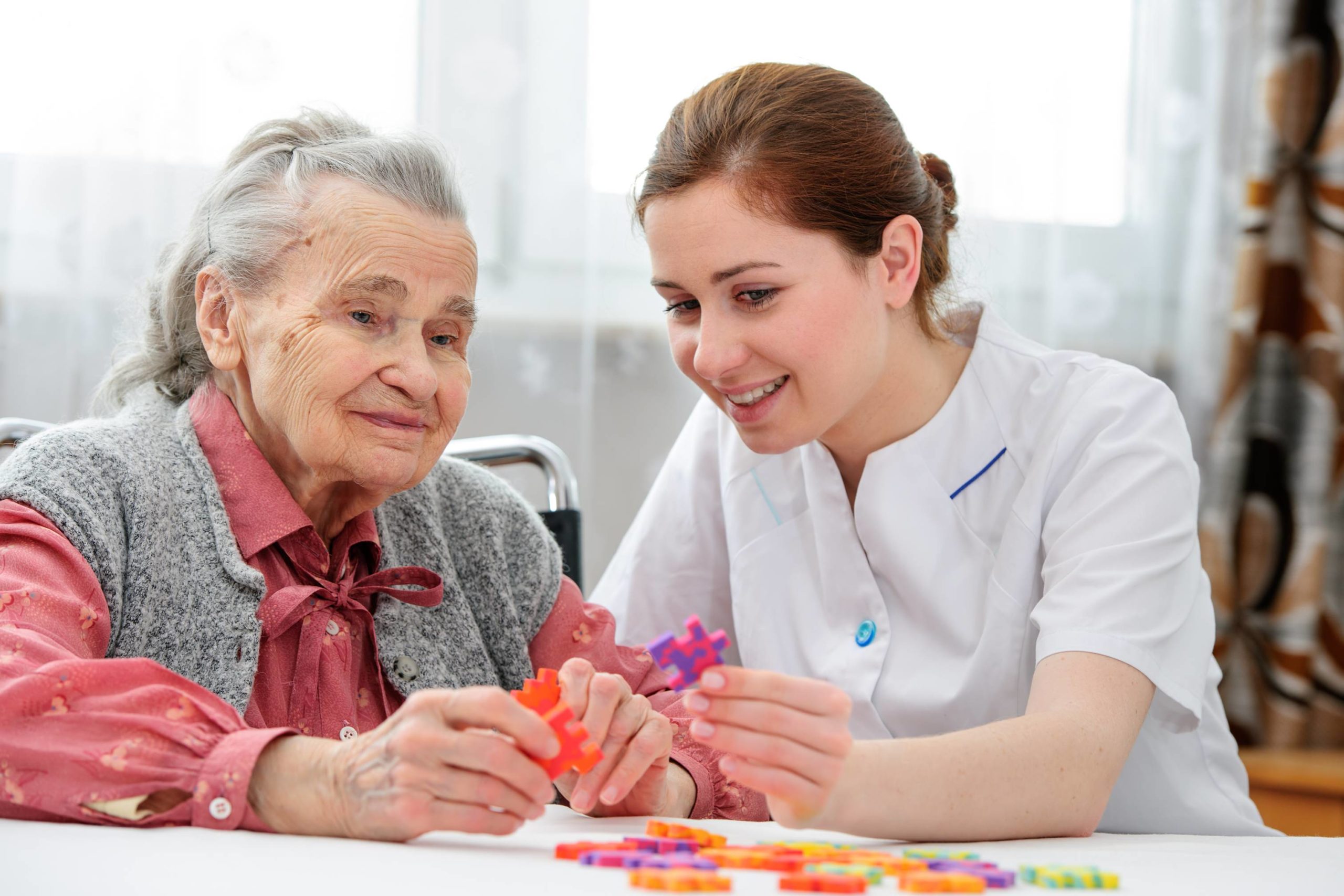
Recognizing Mental Deterioration Treatment: A Guide for Loved Ones
The complexities of dementia treatment need a nuanced understanding that prolongs beyond basic expertise of the condition itself. As we discover these essential elements, it ends up being evident that the trip of recognizing dementia treatment is not simply concerning the individual affected, yet likewise about the detailed dynamics that shape their experiences and partnerships.
What Is Mental deterioration?
Dementia is a cumulative term that incorporates a variety of cognitive impairments identified by a decline in memory, believing, and social capabilities severe enough to hinder every day life. It is not a particular condition yet rather an umbrella term that consists of various sorts of cognitive problems, with Alzheimer's disease being the most widespread. Other types consist of vascular dementia, Lewy body mental deterioration, and frontotemporal mental deterioration, each with distinct characteristics and underlying reasons.
The onset of mental deterioration commonly involves progressive cognitive decrease, affecting the individual's capability to perform daily jobs and involve meaningfully with others. These problems can materialize as difficulties with communication, analytic, and judgment. As dementia proceeds, people may experience changes in state of mind and habits, which can even more complicate their care and social interactions.
Comprehending mental deterioration is essential for family members, caregivers, and healthcare specialists to offer proper support and treatments. Early medical diagnosis and treatment can aid manage symptoms and improve the lifestyle for those affected. Furthermore, it promotes a deeper understanding of the difficulties faced by individuals with dementia, highlighting the relevance of caring care and support throughout their trip.
Identifying the Signs
Determining the symptoms of mental deterioration early is crucial for effective intervention and assistance - memory care charlotte. Dementia encompasses a variety of cognitive problems that can show up in different ways, often hindering daily functioning and quality of life. Usual early signs and symptoms consist of amnesia, particularly neglecting current events or conversations, which might at first be dismissed as regular aging
As the condition progresses, people might exhibit difficulties with analytic, preparation, or completing familiar jobs, such as managing financial resources or following a dish. Complication concerning time or place often emerges, causing disorientation and anxiousness. Modifications in mood and behavior are also considerable signs; individuals might end up being withdrawn, irritable, or display apathy towards tasks when appreciated.
It is important to approach these observations with sensitivity and understanding, as they can be upsetting for both the individual and their liked ones. Trigger interest to these indicators can lead to better end results and assistance for those influenced by mental deterioration.
Effective Communication Strategies

Non-verbal cues play an important function in communication. Preserving eye get in touch with, making use of appropriate facial expressions, and employing gestures can aid convey your message better. In addition, developing a distraction-free atmosphere can further assist in purposeful interactions.
Energetic listening is essential; provide the individual adequate time to react without disrupting. Confirm their feelings and experiences, which promotes trust fund and urges open discussion. When talking about familiar topics or memories, make use of motivates to lead the discussion, helping them really feel engaged and valued.
Finally, be prepared to adapt your method based on the individual's present cognitive state. Versatility in communication techniques guarantees that you stay connected, enhancing the relevance of your partnership. By applying these strategies, you can create a helpful environment that motivates favorable interactions Source with people impacted by dementia.
Developing an Encouraging Setting
Producing an encouraging setting is vital for improving the quality of life for individuals with mental deterioration. This setting ought to focus on familiarity, safety, and comfort to decrease anxiety and confusion.
Incorporating routines can provide a feeling of security. Foreseeable timetables help individuals with mental deterioration comprehend what to expect throughout the day, thus decreasing feelings of disorientation. Personalizing the home with acquainted products, photos, and mementos can stimulate favorable memories and create a sense of belonging.
Furthermore, think about the sensory aspects of the atmosphere. Soft shades, soothing aromas, and mild audios can add to a tranquil ambience. Equilibrium stimulation to avoid frustrating the person; silent locations for leisure should complement extra active advice rooms for social communication.
Self-Care for Caregivers
Supporting individuals with mental deterioration calls for not only a well-structured atmosphere yet likewise attention to the well-being of caregivers. Caretakers typically face psychological, physical, and psychological difficulties that can bring about fatigue if not appropriately resolved. Prioritizing self-care is necessary to keep their health and effectiveness in offering treatment.
First, caregivers need to establish a normal regimen that consists of time for personal activities and relaxation. Involving in pastimes, workout, or simply strolling can dramatically alleviate stress and anxiety. It is important to preserve a balanced diet regimen and guarantee appropriate rest to improve physical durability.
Additionally, caregivers should seek social assistance. This can be completed by joining support teams, engaging with pals, or speaking to household participants regarding their sensations and experiences. Such links aid caretakers really feel much less separated and give useful psychological outlets.
Last but not least, caretakers ought to not wait to seek professional assistance when needed. Consulting mental wellness specialists can aid in establishing coping methods and supply tools for handling the emotional toll of caregiving. By actively practicing self-care, caretakers can enhance their health, ultimately benefiting both themselves and the individuals they look after.
Final Thought
In verdict, understanding dementia care is important for boosting the high quality of life for people impacted by this problem. Additionally, focusing on self-care for caregivers guarantees their wellness, ultimately profiting both caretakers and those obtaining treatment.
As we explore these important parts, it becomes noticeable that the trip of understanding mental deterioration treatment is not simply regarding the individual affected, yet additionally regarding the intricate dynamics that shape their experiences and connections. Other types consist of vascular dementia, Lewy body dementia, and frontotemporal dementia, each with distinctive characteristics and underlying causes.
As dementia progresses, people might experience changes in mood and actions, which can better complicate their care and social interactions.
Furthermore, it promotes a much deeper understanding of the challenges dealt with by people with dementia, highlighting the relevance of thoughtful care and support throughout their trip.
In verdict, recognizing dementia care is crucial for improving the top quality of life for individuals affected by this condition. (memory care facility charlotte)